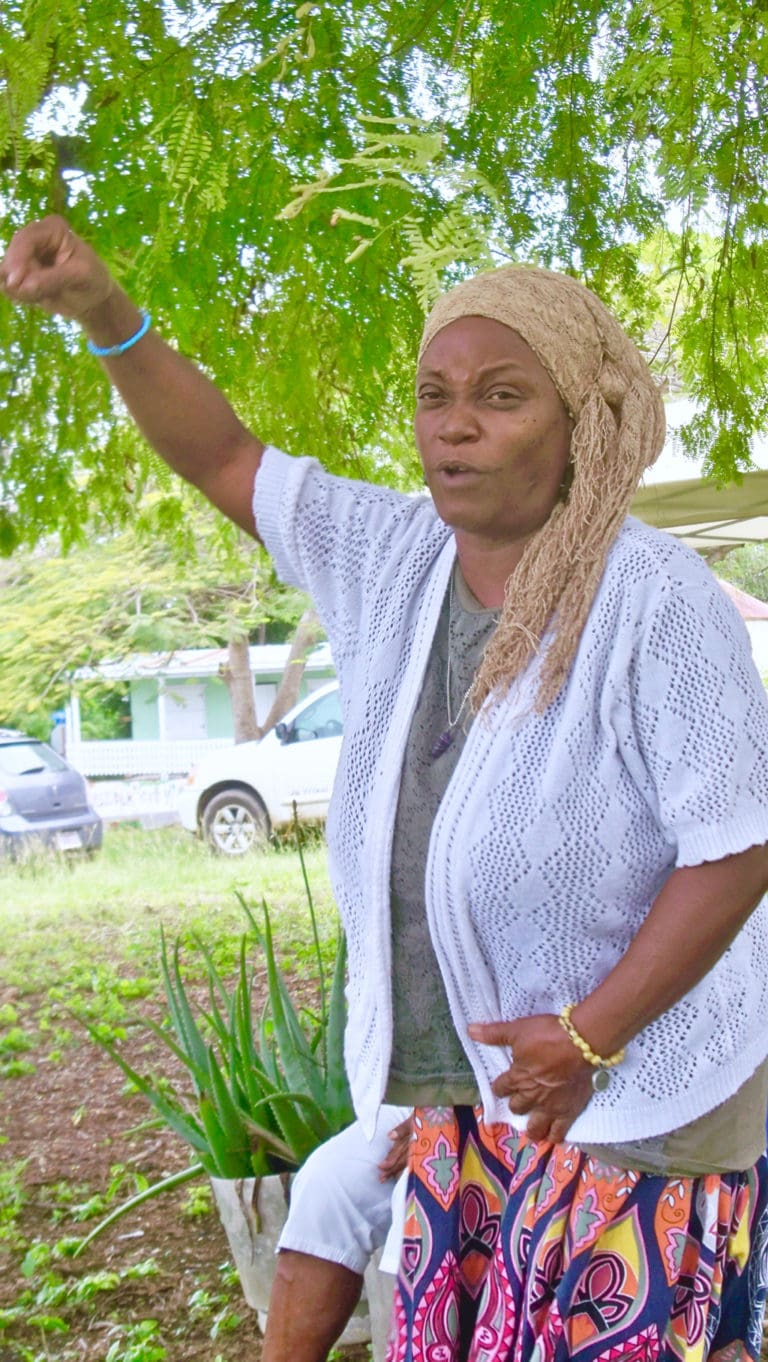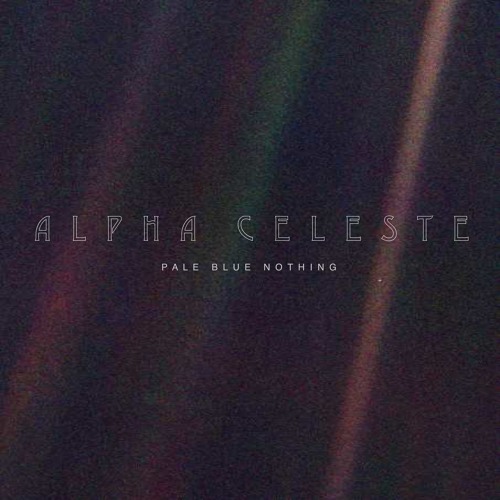
The cover of her book features a picture of a sloth, an animal that (speaking of baked-in prejudices about work and leisure) shares its name with one of the seven deadly sins. Headlee wants to help readers reclaim their relationship with nothing. "I often get the response of, 'No, if I'm just sitting there, I feel guilty,' " Headlee says. Headlee often asks people whether they can simply sit down and watch a movie on Netflix - just watch a movie. making unexpected connections."īut current American culture isn't terribly supportive of that kind of unstructured mental leisure. So that's where a lot of creativity comes from and innovation. It's doing surprising things because it's not focused on a task. "It's sifting through memories," she explains.

Your purchase helps support NPR programming. So why was I not just sick, but miserable?"Ĭlose overlay Buy Featured Book Title Do Nothing Subtitle How to Break Away from Overworking, Overdoing, and Underliving Author Celeste Headlee "I was more successful than ever," she recalls. She came to that realization after she found herself sick in bed for the second time in just a couple of months. In her new book, Do Nothing, Headlee, a longtime journalist and public radio host, encourages readers to be intentional about protecting their downtime. "As far as your brain and body are concerned, you're never taking time off." "You're carrying your work literally everywhere," Headlee says. Researchers have found that simply having your phone nearby can tax cognition.

It's like a runner at the starting gate." "To your brain, any time that phone is visible, part of your brain is expending part of its energy on preparing for a notification to come in. "Your brain sees your phone as work," she explains. When you collapse on the couch after a long workday and start scrolling through social media, you're not doing your tired brain any favors, says author Celeste Headlee. "Your brain doesn't distinguish between the work that you do at your job and paging through Facebook while you're in bed," says author Celeste Headlee.


 0 kommentar(er)
0 kommentar(er)
